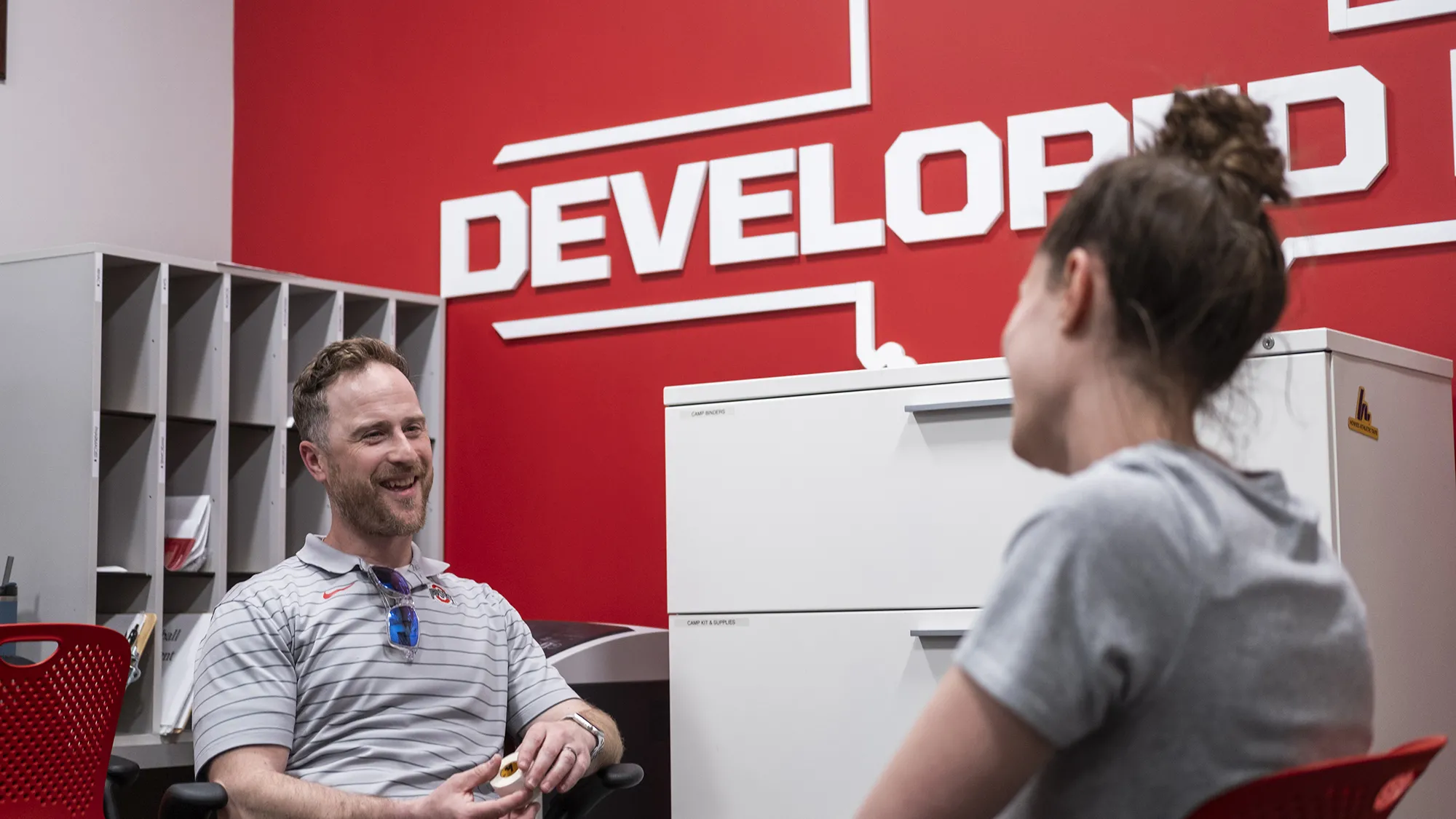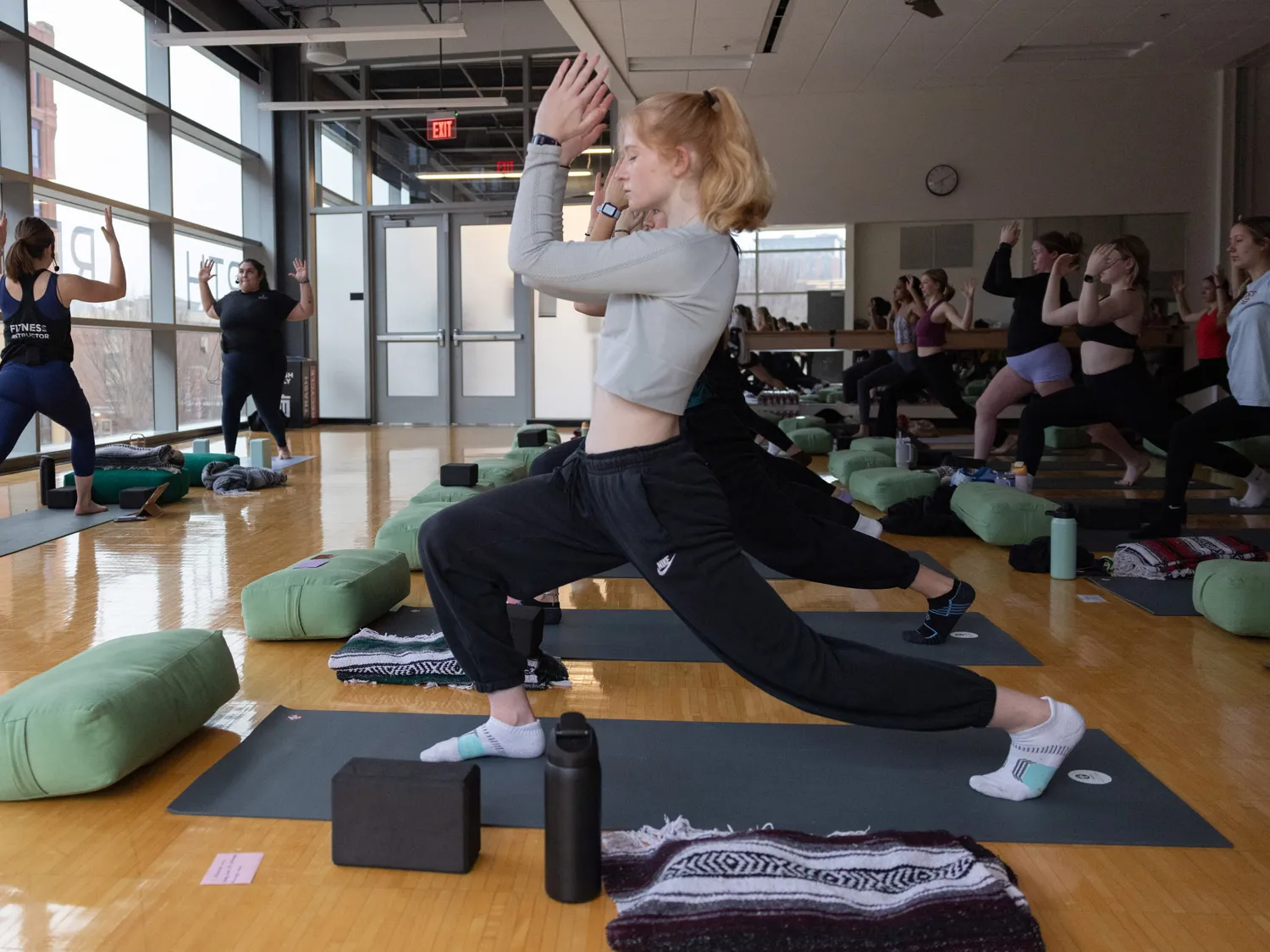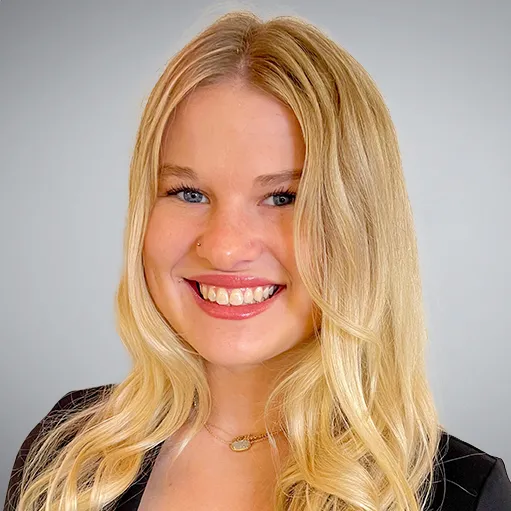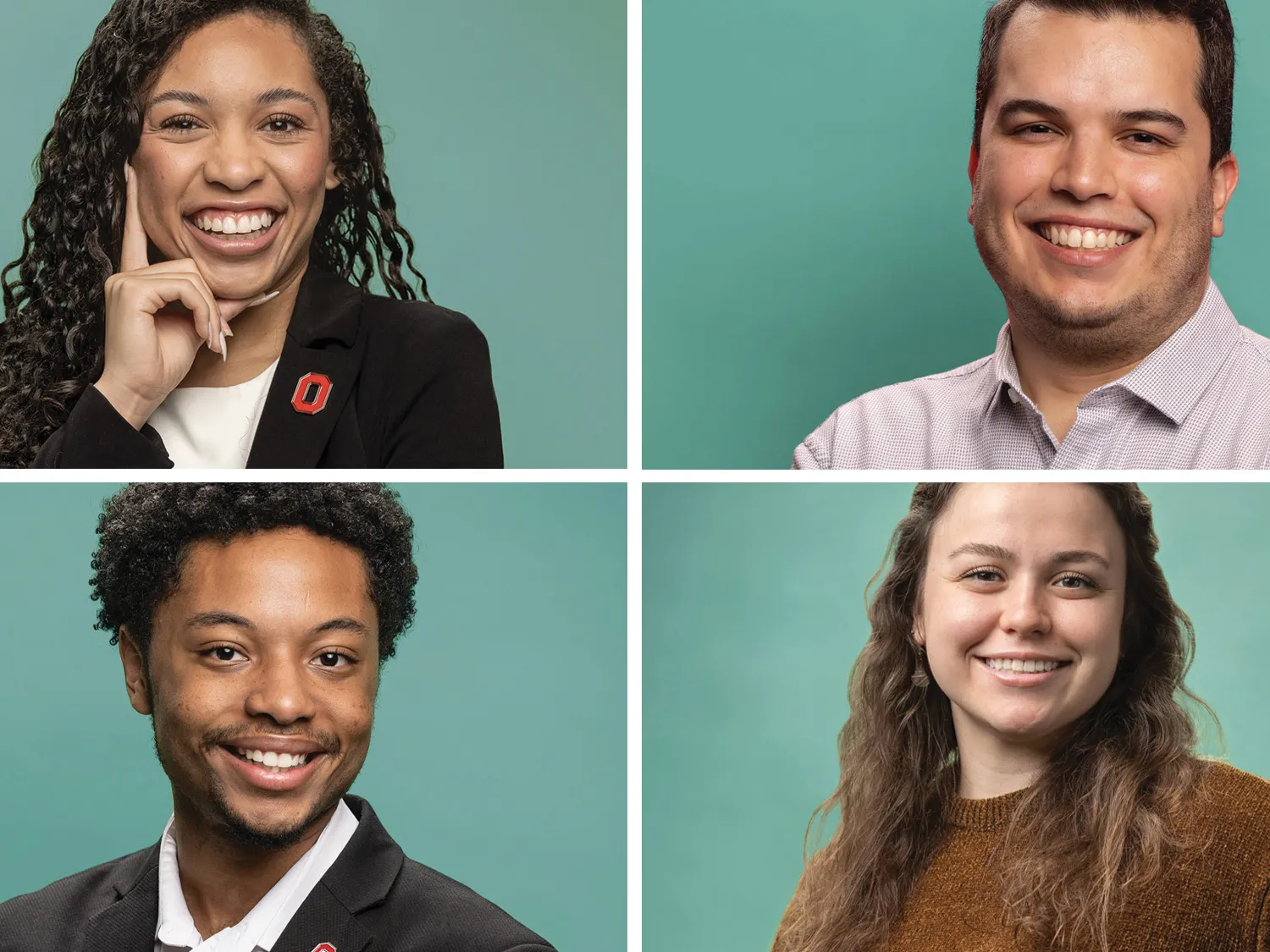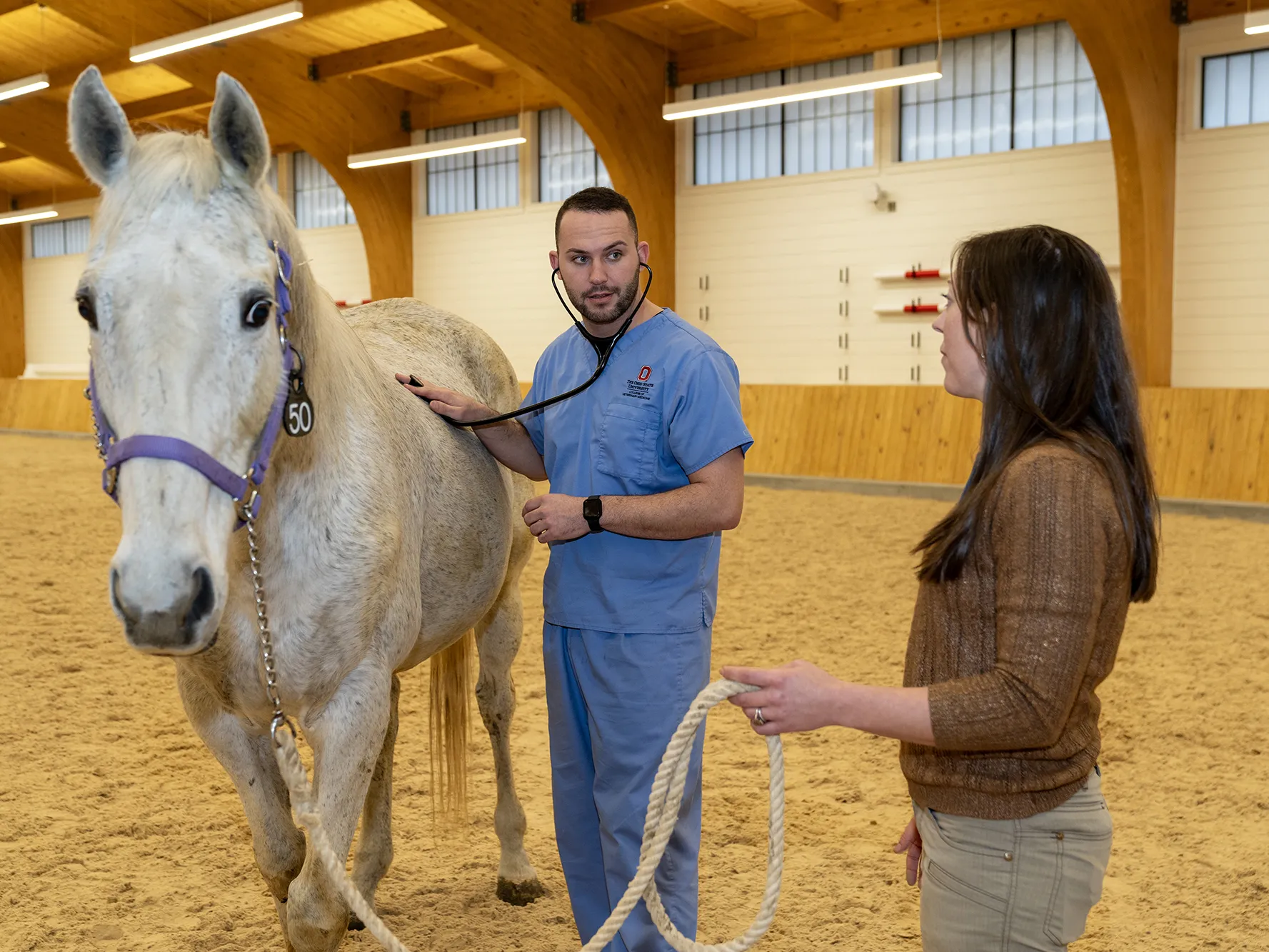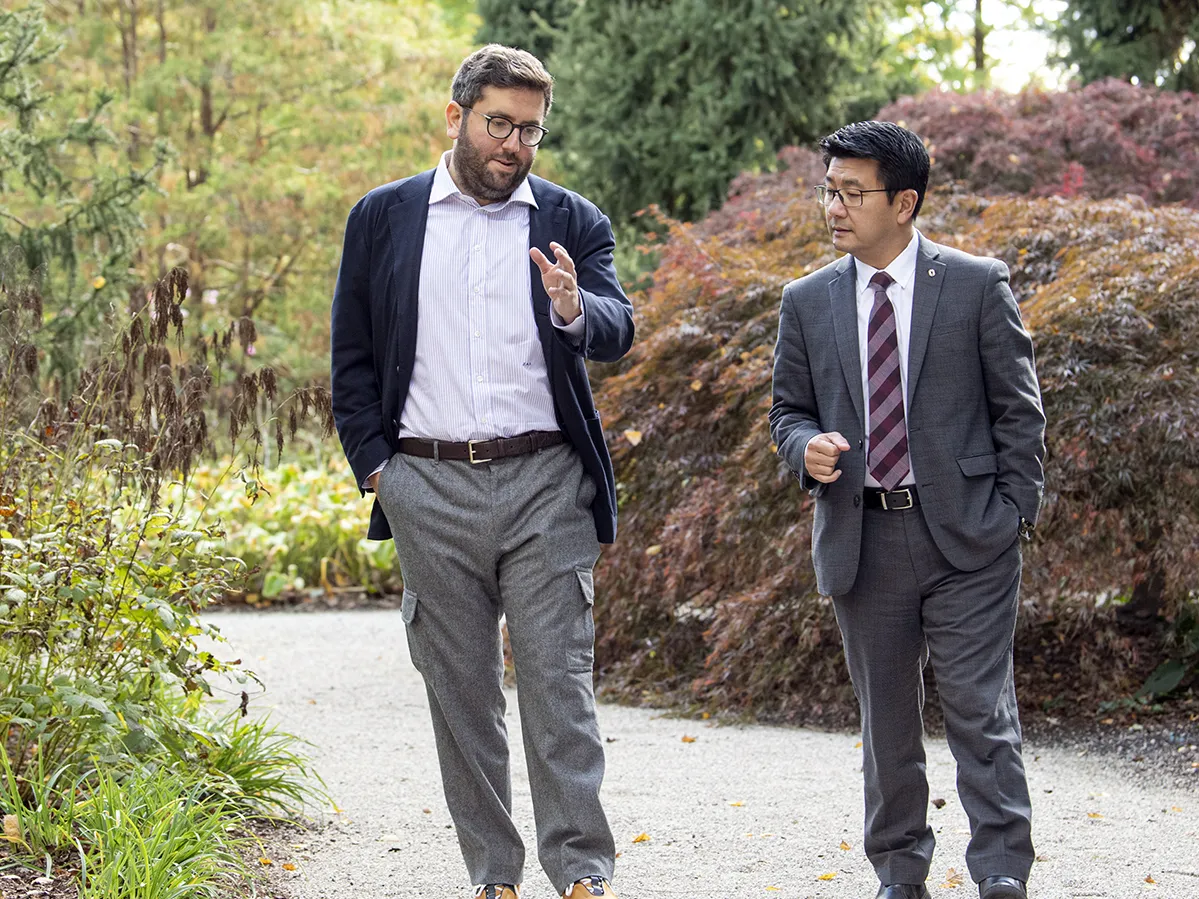Anxiety. Performance slumps. Managing competition and training on top of schoolwork. It can be a lot, and just as student-athletes must recover physically after a big game, a rough practice or an injury, they have to care for their minds, too.
The Department of Athletics makes that a priority, says Gene Smith, who oversaw an expansion of the psychology staff in 2019 to focus on proactive care. Rather than sticking to their offices in St. John Arena, Director of Sport Psychology and Wellness Services Jamey Houle ’04 and his lieutenants often attend practices for the 36 varsity sports.
“We wanted to have them embedded around our student-athletes, just like our trainers, our strength coaches and everyone else, our nutritionists, our academic advisors,” Smith says. “We didn’t want them to be viewed as someone over in some office who you need to go see.”
Houle, an All-American gymnast who helped the Buckeyes win the 2001 NCAA championship, understands what it means to be an elite athlete, including the mindset and pressures. His psychology and wellness services team — including three full-time counselors and one postdoctoral fellow — stay available around-the-clock to provide student-athletes the care they need.
“It’s Ohio State that’s allowing us to do that — the resources and connections and the brand,” Houle says. “It’s kind of why it is special.”
Their services include team consultations, group workshops and individual care sessions to help manage stress, including for heavy topics like anxiety, homesickness, depression, interpersonal relationships, and motivation and performance concerns.
The Scarlet and Grit program offers one-hour sessions that teach three methods to manage stress before it becomes severe, and the department recently acquired a dry float tank, akin to a waterbed, to help with stress relief.
Houle says another way his staff is leading in preventive vs. reactive care is by working with athletes who wear a special ring to track sleep. “One of the biggest performance enhancers you can use is good sleep,” he says.
Looking ahead, the team is working to implement mental health screenings for all athletes, just like their preseason physicals, to build in daily healthy practices from the start.
Says athletic counselor Charron Sumler: “Consistency is a really big part for us. With that, I can build relationships with each new class. It helps them just see us as a part of the team.”
Zoe Coleman, a second-year lacrosse player, appreciates that the counselors are easily accessible for student-athletes. “That’s one way they’re just so ahead of the game,” she says of the counselors. “They realize how important student-athlete mental health is, and they’re readily available with resources for anyone who needs it.”
That includes graduates. To help foster a long-lasting, healthy relationship with mental health care, Buckeyes are able to use the sports psychology team’s resources for up to two years after their time at Ohio State.
“Our No. 1 value is the relationship,” Houle says. “We’re about connecting with people to help them be the best version of themselves.”
